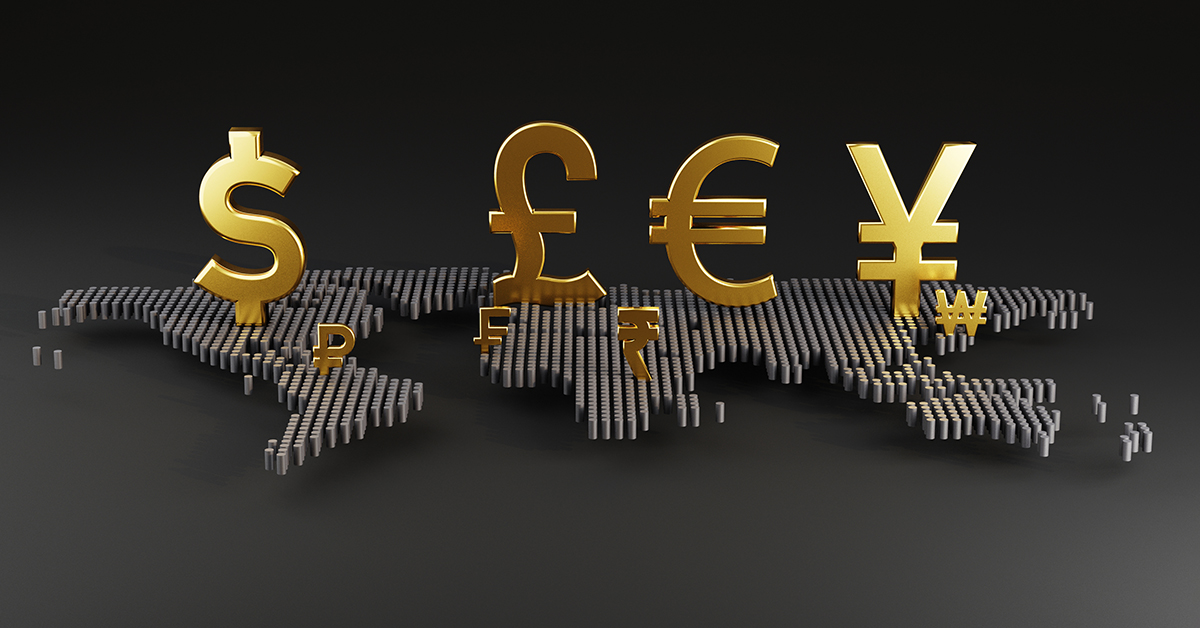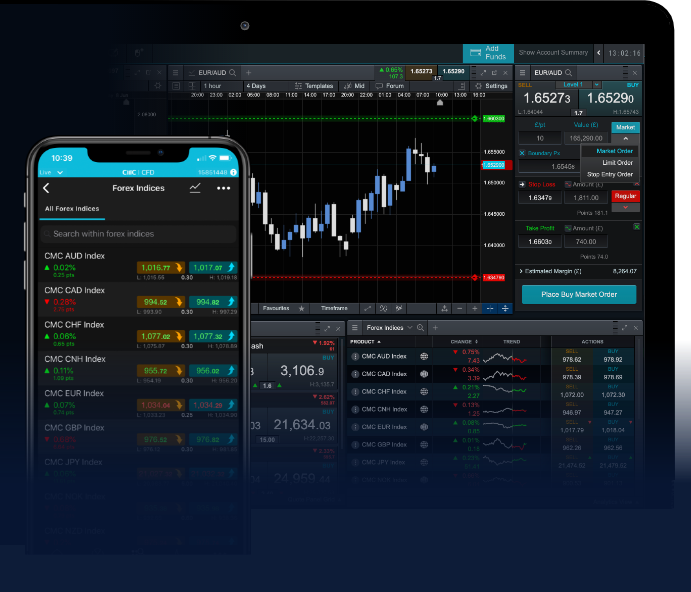
The Forex market is a dynamic environment that allows traders to buy and sell currencies, and one of its most compelling features is leverage. By using forex trading leverage Trading Brokers in the Philippines, traders can amplify their potential returns, but this comes with an equally significant level of risk. In this article, we will explore what Forex trading leverage is, how it works, and the best practices to manage it responsibly.
What is Forex Trading Leverage?
Leverage in Forex trading refers to the ability to control a larger position size than your initial investment. Essentially, it acts like a loan that brokers extend to their traders, allowing them to trade bigger volumes. For example, if a broker offers a leverage ratio of 100:1, a trader could control a $100,000 position with just $1,000 of their own capital.
How Leverage Works in Forex Trading
Leverage is expressed as a ratio. Common leverage ratios include 50:1, 100:1, and even 500:1. The higher the leverage, the greater the potential returns (and the risks), as traders can open larger positions without significantly increasing their initial capital outlay.
To illustrate, consider a trader who wants to buy 10,000 units of a currency pair at a price of 1.2500, which would normally require $12,500 of their own funds. Using 100:1 leverage, the trader only needs to deposit $125, allowing them to maintain higher purchasing power. While this can lead to greater profits, it also means that losses can accumulate at a faster rate.
Benefits of Using Leverage
1. **Increased Buying Power:** The primary benefit of leverage is that it allows traders to amplify their buying power, meaning they can open larger positions without having to tie up substantial capital.
2. **Potentially Higher Returns:** Because you are controlling more significant amounts of money, even small price movements in favorable conditions can lead to substantial profits.
3. **Diverse Trading Opportunities:** Higher leverage facilitates the ability to diversify trading strategies, as traders can afford to invest in multiple positions across various currency pairs.
Risks Involved with Forex Trading Leverage
While leverage can enhance potential profits, it also significantly increases the risk of loss. Here are some of the primary risks involved:

1. **Increased Loss Potential:** Just as leverage magnifies profits, it can also amplify losses. A small adverse price movement can lead to significant losses, possibly exceeding the initial investment.
2. **Margin Calls:** If the account balance drops below a certain level due to losses, brokers issue margin calls, requiring traders to either deposit more money or close positions to cover losses.
3. **Emotional Trading:** The potential for higher stakes can lead to emotional decision-making. Traders may take reckless risks when dealing with high leverage, which can result in more significant financial setbacks.
Best Practices for Using Leverage Wisely
To effectively manage risk while leveraging your trading, consider these best practices:
1. **Understand Your Risk Tolerance:** Before using leverage, assess your comfort level with risk. It’s crucial to only leverage investments if you can withstand potential losses.
2. **Start Small:** New traders should begin with lower leverage ratios to get accustomed to how leverage affects their trades. Gradually increase leverage as you gain experience.
3. **Set Stop-Loss Orders:** Protect your investments by setting stop-loss orders on all positions. This can help limit potential losses if the market moves against your trade.
4. **Educate Yourself:** Continuous education about the Forex market and the factors that cause price movements can help make more informed trading decisions and enhance risk management.
5. **Use Leverage Sparingly:** Higher leverage is not always better. Aim for a balanced approach, using leverage only when it aligns with your trading strategy and risk management plan.
Conclusion
Forex trading leverage can be a double-edged sword. While it offers the potential for increased returns and greater market access, it also carries significant risks that can lead to substantial losses. By understanding how leverage works, recognizing its benefits and pitfalls, and implementing sound trading practices, traders can use leverage effectively to enhance their Forex trading experience. Always remember that in Forex trading, as in life, the key to success lies in balancing risk and reward.
Final Thoughts
As you embark on your Forex trading journey, keep in mind that while leverage acts as a powerful tool in trading, it should be used judiciously. Being well-informed, continuously learning, and maintaining an emotional check will serve you well in your trading endeavors. Embrace the potential of Forex trading leverage, but do so with caution and a disciplined approach.
